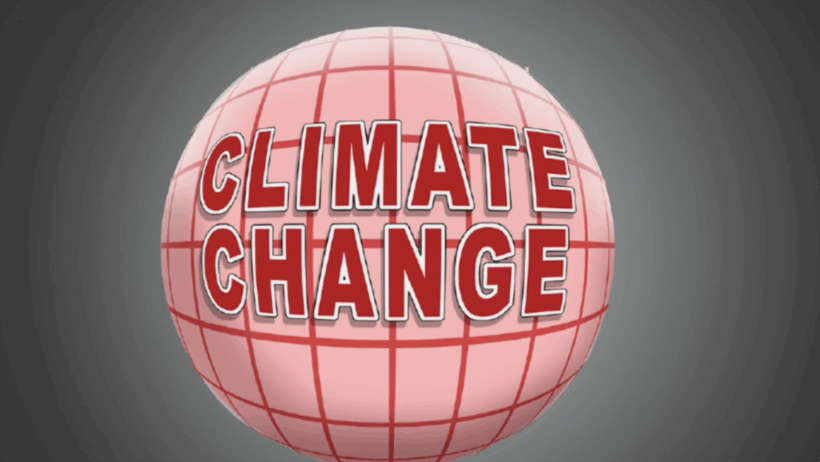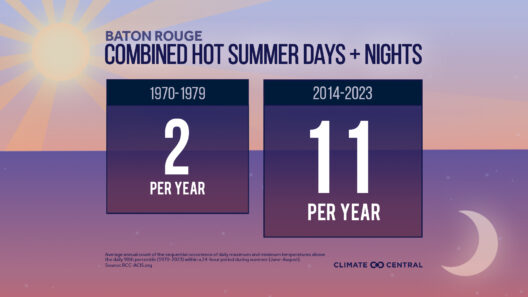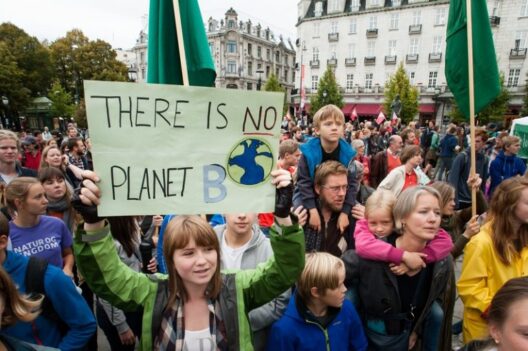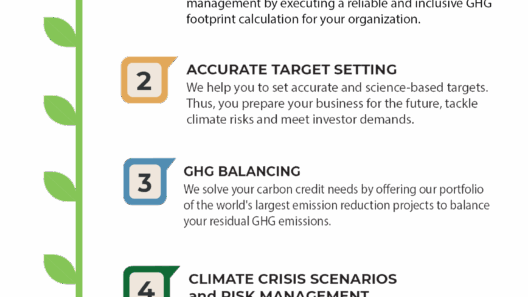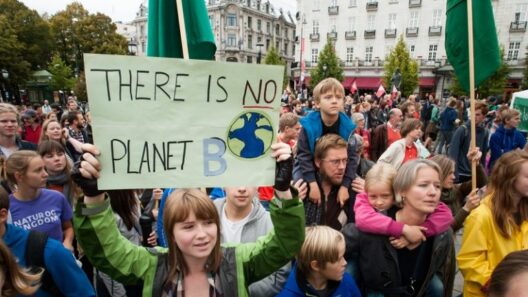Climate change has become a ubiquitous topic in contemporary discourse, yet it continues to be shrouded in myths and misconceptions. Many people express skepticism about its validity, invoking a range of arguments that downplay its significance. This essay aims to dismantle the prevalent myths surrounding climate change by scrutinizing the evidence and revealing the scientific consensus that underscores its reality.
One of the most common assertions bolstering climate change skepticism is the claim that climate variations are merely a natural phenomenon. While it is indeed true that the Earth has undergone fluctuations in climate throughout its geological history, the current trajectory of climate change is unprecedented in its rapidity and intensity. Natural factors, such as solar activity and volcanic eruptions, do contribute to climate variability. However, extensive research indicates that contemporary changes are overwhelmingly driven by anthropogenic actions, particularly the emission of greenhouse gases from industrial processes, deforestation, and the combustion of fossil fuels.
The greenhouse effect itself — a fundamental scientific principle — is often misconstrued. Critics argue that it is a mere theory, implying that it lacks empirical backing. In actuality, the greenhouse effect is an observed phenomenon, characterized by the retention of heat in the Earth’s atmosphere due to substances like carbon dioxide and methane. The correlation between increased greenhouse gas concentrations and rising global temperatures has been rigorously documented through multiple avenues of investigation, including ice core data and modern satellite observations. These findings illustrate a clear trend: as human activities elevate greenhouse gas levels, temperatures follow suit.
Another prevalent myth posits that climate change is a distant threat, relegated to the future. This notion is dangerously misleading. Impacts of climate change are being felt today. From intensified heatwaves to unprecedented flooding and shifting ecosystems, evidence of environmental upheaval is indisputable. Natural disasters, which have escalated in frequency and severity, serve as poignant reminders of our changing climate. Communities worldwide are grappling with the ramifications, including economic instability and displacement, which strain public resources and test individual resilience.
Furthermore, the argument that climate change lacks substantial scientific consensus is often wielded to cast doubt on its legitimacy. In reality, an overwhelming majority of climate scientists — approximately 97% — agree that climate change is occurring and that human activity is its primary catalyst. This consensus is not a singular proclamation but a robust conclusion drawn from decades of interdisciplinary research. Peer-reviewed studies across climatology, geology, and environmental science substantiate the notion that climate change is real and requires immediate action.
One may encounter the assertion that the solutions proposed to mitigate climate change — such as transitioning to renewable energy sources — are economically impracticable. On the contrary, the shift towards renewables like solar and wind has demonstrated not only environmental benefits but also substantial economic opportunities. Innovation in renewable technologies has led to job creation and energy independence, often at lower costs than fossil fuel dependency. Economies that invest in sustainable energy infrastructures can benefit from reduced fluctuating fossil fuel prices and enhanced energy security, ultimately realizing long-term financial savings.
The narrative that climate policies disproportionately harm certain demographics is another contention frequently raised. While it is crucial to consider justice and equity in the transition to a low-carbon economy, effective climate action can also spur inclusive economic growth. Policymakers can implement strategies to ensure that vulnerable populations receive support through retraining programs, social programs, and equitable access to green technologies. Addressing climate change does not have to be a zero-sum game; with intentional planning, progress can be made that benefits society at large.
Additionally, some skeptics resort to the argument that climate models are unreliable. While it is true that models are inherently approximations of complex systems, their accuracy has been validated through retrospective analyses. Models have successfully predicted several climate change phenomena, including rising sea levels and increased frequency of extreme weather events, by utilizing historical data and vast datasets. The continuous improvement of these models only enhances their predictive capabilities, granting policymakers critical insights for action.
Moreover, insights from indigenous and traditional ecological knowledge can serve as vital complements to scientific understanding, offering unique perspectives on environmental stewardship and resilience. Empirical studies and ancestral wisdom converge on the need for holistic approaches, which take into account the interdependencies of ecosystems and the societies that inhabit them. Acknowledging these diverse sources of knowledge amplifies the call for inclusive strategies and reaffirms the urgency of action.
Overall, the narrative that climate change is a hoax is fundamentally flawed and rests on a series of misconceptions that can be readily dispelled through factual understanding and scientific inquiry. The reliable evidence supports the reality of climate change as an existential threat, requiring collective action and foresight. Recognizing the interplay of environmental degradation and social implications is paramount in shaping a sustainable future. The time to move beyond skepticism toward actionable solutions is now. Society stands at a crossroads, and the path chosen will determine not only the health of our planet but also the quality of life for generations to come.



